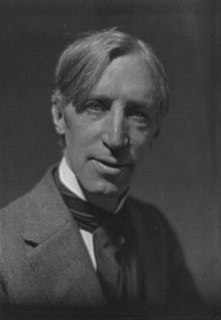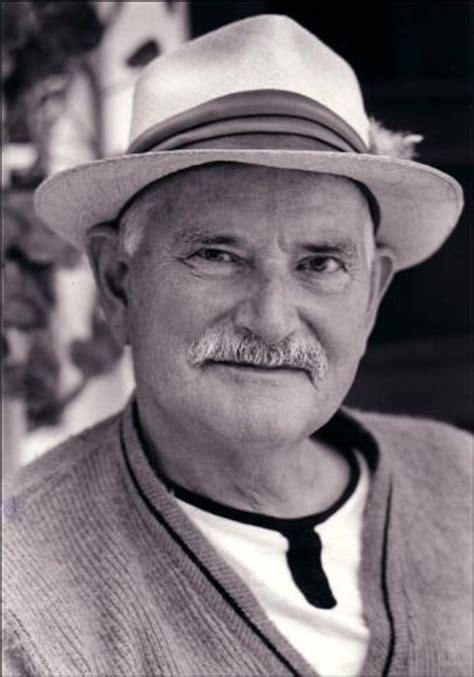A Quote by Hesiod
There was not after all a single kind of strife, but on earth there are two kinds: one of them a man might praise when he recognized her, but the other is blameworthy.
Related Quotes
Mankind . . . possesses two supreme blessings. First of these is the goddess Demeter, or Earth whichever name you choose to call her by. It was she who gave to man his nourishment of grain. But after her there came the son of Semele, who matched her present by inventing liquid wine as his gift to man. For filled with that good gift, suffering mankind forgets its grief; from it comes sleep; with it oblivion of the troubles of the day. There is no other medicine for misery.
Satire, whilst envy and ill-humor sway
The mind of man, must always make her way;
Nor to a bosom, with discretion fraught,
Is all her malice worth a single thought.
The wise have not the will, nor fools the power,
To stop her headstrong course; within the hour
Left to herself, she dies; opposing strife
Gives her fresh vigor, and prolongs her life.
There are two kinds of second class men in business. There is the man who puts money first and service second. There is the man who puts service first and money second, who never has any money. The first class man in business is the man who is made up out of rolling the other two kinds into one man and working them together.
There are two kinds of people. One kind, you can just tell by looking at them at what point they congealed into their final selves. It might be a very nice self, but you know you can expect no more surprises from it. Whereas, the other kind keep moving, changing... They are fluid. They keep moving forward and making new trysts with life, and the motion of it keeps them young. In my opinion, they are the only people who are still alive. You must be constantly on your guard against congealing.
Clay can be a metaphor for many things. I made it a metaphor for flesh and earth, and these are two kinds of generic givens of life, if you look at it poetically, biblically, the idea of the life of beings, of man, being transitory, the earth abides-ashes to ashes, dust to dust-man returns to earth, grows out of earth like a flower, wilts, goes back to the earth... We are frail, transitory creatures with aspirations of immortality, conscious of our inevitable death, and we have to deal with it somehow.
Though there are very many nations all over the earth, ...there are no more than two kinds of human society, which we may justly call two cities, ...one consisting of those who live according to man, the other of those who live according to God ....To the City of Man belong the enemies of God, ...so inflamed with hatred against the City of God.
And why does England thus persecute the votaries of her science? Why does she depress them to the level of her hewers of wood and her drawers of water? Is it because science flatters no courtier, mingles in no political strife? ... Can we behold unmoved the science of England, the vital principle of her arts, struggling for existence, the meek and unarmed victim of political strife?
Why, i' faith, methinks she's too low for a high praise, too brown for a fair praise and too little for a great praise: only this commendation I can afford her, that were she other than she is, she were unhandsome; and being no other but as she is, I do not like her. (Benedick, from Much Ado About Nothing)
And if these mountains had eyes, they would wake to find two strangers in their fences, standing in admiration as a breathing red pours its tinge upon earth's shore. These mountains, which have seen untold sunrises, long to thunder praise but stand reverent, silent so that man's weak praise should be given God's attention.
It's a shame you left without a word, you know. She was just beginning to trust you before that. Before you got angry. Before you ran off. Just like every other man in her life. Lusting after her, full of sweet words, then just walking away. Leaving her alone. Good thing she's used to it by now, isn't it? Otherwise you might have hurt her. Otherwise you just might have broken that poor girl's heart
Hold your hands out over the earth as over a flame. To all who love her, who open to her the doors of their veins, she gives of her strength, sustaining them with her own measureless tremor of dark life. Touch the earth, love the earth, honor the earth, her plains, her valleys, her hills, and her seas; rest your spirit in her solitary places. For the gifts of life are the earth's and they are given to all, and they are the songs of birds at daybreak, Orion and the Bear, and dawn seen over ocean from the beach.







































